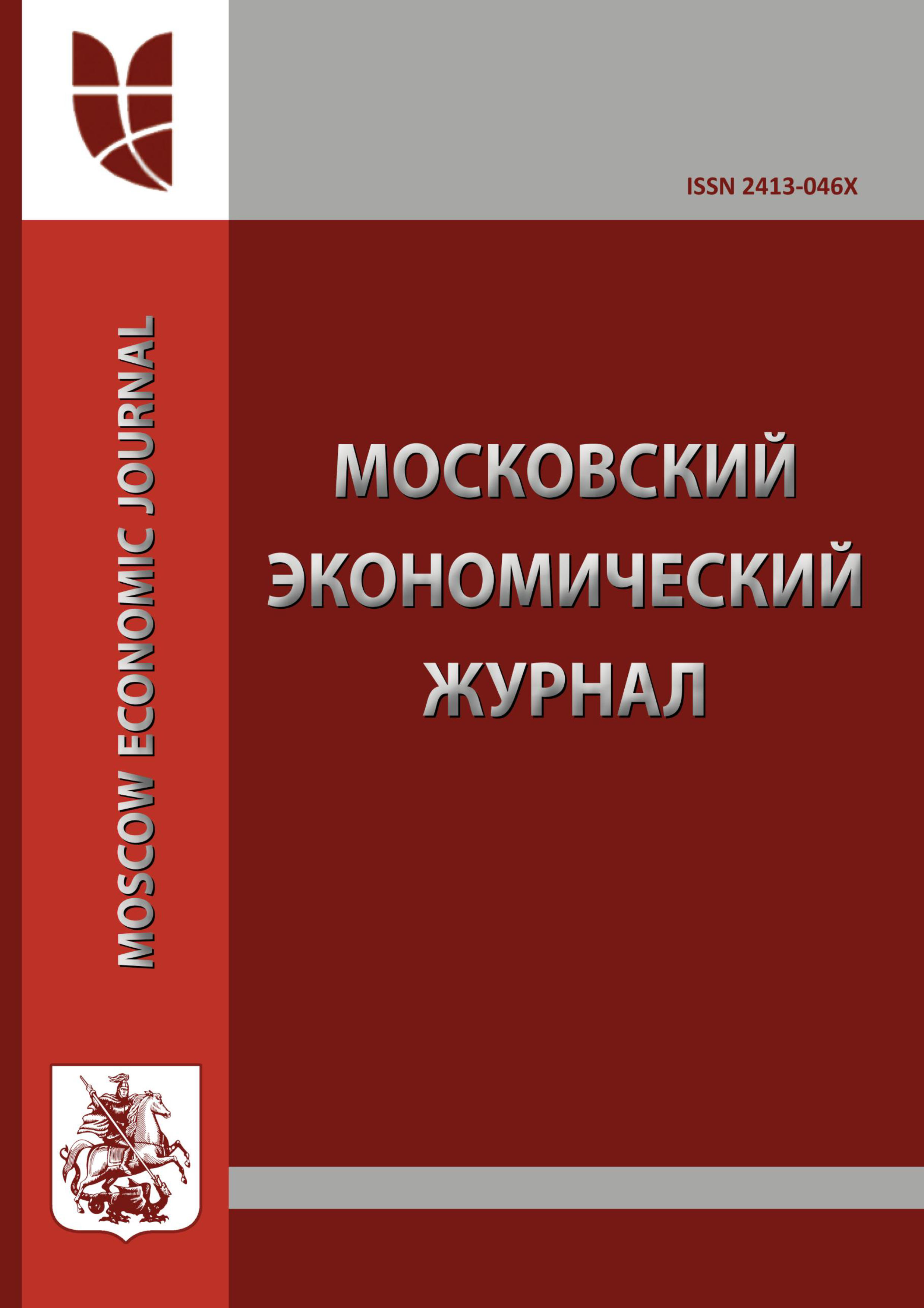employee
Russian Federation
Russian Federation
Russian Federation
The article examines current trends in the development of the concept of methodology of internal control of the commercial organization. The aim of the study was to determine the potential of using an integrated approach of modeling and standardization in the development of internal control systems in organizations and their adaptation in relation to the technical-organizational and industry features of the organization. The article develops the basic theoretical and conceptual position within the author's approach to the internal control system as the object modeling at the enterprise level, features and components which are caused by the given assumptions, factors (organizational structure, industry and architectonics of enterprise, scale of operation etc.). It is determined that the sectoral and technological factors affecting the modeling of internal control systems can form a stable set associated parameters and proposed the concept of "parametric simulation of the system of internal control." Recommendations on the classification of models of systems of internal control. The proposed approach and recommendations serve the development process of internal control of the enterprise and can be the basis for the development of a universal organizational and methodological development tools of the internal control system based on the principle of the "point settings" and focused on the branch structure of the enterprise.
internal control, modeling, international internal control standards, COSO, internal control system, industry architectonics enterprises, model of internal control
1. Butusov E.V. Risk-orientirovannyy podhod k ocenke i vnutrennemu kontrolyu nepreryvnosti deyatel'nosti organizacii: monografiya / E.V. Butusov; M-vo obrazovaniya i nauki Ros. Federacii, Feder. gos. byudzhet. obrazovat. uchrezhdenie vyssh. prof. obrazovaniya «Ufim. gos. neft. tehn. un-t». Ufa: redakcionno-izdatel'skiy centr UGNTU, 2014. 134 s.
2. Vilisov V. Ya. Instrumenty vnutrennego kontrolya: monografiya / V. Ya. Vilisov, I. E. Sukov. Moskva: RIOR INFRA-M, 2015 (maket 2016). 261 s.
3. Kazakova N.A. Koncepciya vnutrennego kontrolya effektivnosti organizacii: monografiya / N.A. Kazakova, E.I. Efremova; pod red. prof. N.A. Kazakovoy. Moskva: Ifra-M, 2015. 233 s.
4. Kolesov E.S. Koncepciya risk-orientirovannogo vnutrennego kontrolya effektivnosti hozyaystvennoy deyatel'nosti // Innovacionnoe razvitie ekonomiki. 2016. № 1. S. 178-183.
5. Kotvanova S.G. Institucional'naya evolyuciya sistemy vnutrennego kontrolya organizaciy / S.G. Kotvanova, M.V. Kotvanov // Vestnik Altayskoy akademii ekonomiki i prava. 2013. Specvypusk (32). T. 2. 49 s.
6. Modelirovanie ekonomicheskih sistem i processov: Uchebnoe posobie / M.P. Vlasov, P.D. Shimko. M.: NIC INFRA-M, 2013. 336 s.
7. Pashkov R.V., Yudenkov Yu.N. Vnutrenniy kontrol' kak model' i sistema: monografiya. M.: RUSAYNS, 2016. 312 s.
8. Turischeva T.B. Vnutrenniy kontrol' i audit: teoriya i praktika primeneniya v finansovo-hozyaystvennoy deyatel'nosti organizacii: monografiya / T.B. Turischeva; In-t issled. tovarodvizheniya i kon'yunktury optovogo rynka (OAO «ITKOR»). Moskva: ITKOR, 2012. 132 s.
9. Bradley P. Lawson, Leah Muriel, Paula R. Sanders, A survey on firms' implementation of COSO's 2013 Internal Control-Integrated Framework, In Research in Accounting Regulation, Volume 29, Issue 1, 2017, Pages 30-43.
10. Chunli Liu, Bin Lin, Wei Shu, Employee quality, monitoring environment and internal control, In China Journal of Accounting Research, Volume 10, Issue 1, 2017, Pages 51-70.
11. Intan Salwani Mohamed, Noor Hidayah Ab Aziz, Mohamad Noorman Masrek, Norzaidi Mohd Daud, Mosque Fund Management: Issues on Accountability and Internal Controls, In Procedia - Social and Behavioral Sciences, Volume 145, 2014, Pages 189-194.
12. Junhai Ma, Chunyong Ma, Factor Analysis Based On The COSO Framework And The Goverment Audit Performance Of Control Theory, In Procedia Engineering, Volume 15, 2011, Pages 5584-5589.
13. Moni Muskanan, The Effectiveness of the Internal Controlling System Implementation in Fiscal Decentralization Application, In Procedia - Social and Behavioral Sciences, Volume 164, 2014, Pages 180-193.
14. Siti Maria Wardayati, The Implementation of COSO Concept in “Vroom” Expentancy Theory on PT. UMC Zusuki Jember, In Procedia - Social and Behavioral Sciences, Volume 219, 2016, Pages 784-791.











